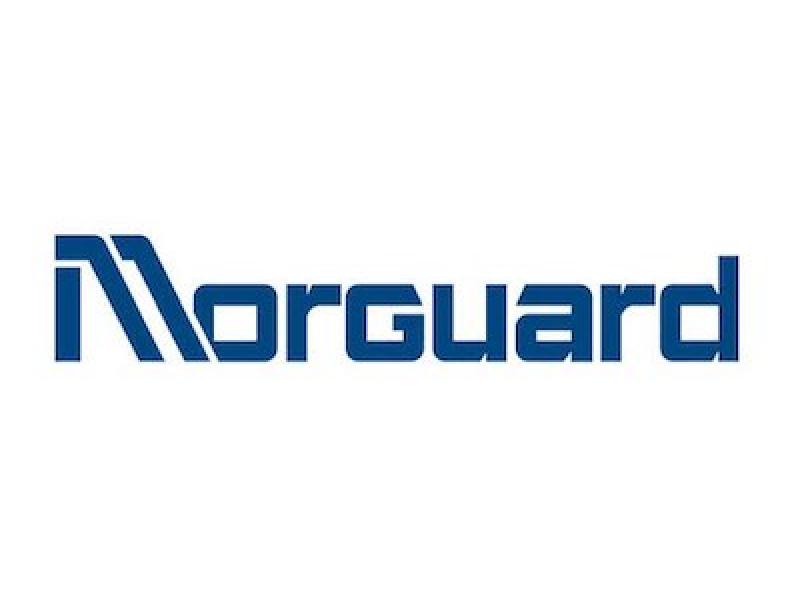
Steven Jaffe is the CEO of Spacelist. (Courtesy Spacelist)
A tenant survey by commercial real estate leasing platform Spacelist.ca revealed a third of respondents feared they might have to break their leases within six months due to the COVID-19 pandemic.
That figure was highest among retail respondents to the survey, taken via a voluntary submission form in early April. About 450 businesses from across Canada offered responses, including office (48 per cent), industrial (20 per cent), and retail (32 per cent) tenants.
“Thirty-three per cent is a decent number, but it’s not unexpected,” said Steven Jaffe, the CEO of Spacelist, in an interview with RENX. The platform services mainly small to medium-sized businesses (generally one to 50 employees) and the CRE providers that cater to that sector.
Spacelist.ca, he said, services up to 100,000 users per month.
Breaking the lease includes actions such as the closure of businesses, sub-leasing space or reassigning a lease. Jaffe believes a majority of businesses facing this situation would be closing or reducing their floor space requirements.
“I think a majority of them will break it because they need smaller space, or they need no space,” he said, predicting an influx of sub-lease space onto the market later this year as businesses deal with the longer-term economic impact.
Devastating personal emails
In addition to the form responses, Jaffe received about a dozen personal emails from business owners. These, he said, were the most difficult to read.
“Pretty much across the board, they were the ones who were fairly devastated,” he said. “ ‘I had to shut my business down, and that’s my answer’.
“That kind of hits you hard because these are real people with real businesses.
“A stat on a survey is great, but once you hear ‘Mary’ emailed you and she is personally telling you, it really hits you.”
On staffing levels and the ability of businesses to actually operate, the office sector fared the best.
Sixty-eight per cent of office respondents indicated their businesses were able to operate from home environments, while the vast majority of retail (75 per cent) and industrial (62 per cent) indicated they could not operate from home.
Still, Jaffe said even the number of office respondents unable to work from home was something of a surprise.
“(Almost) a third cannot work from home,” he said. “That’s a lot of business that can’t operate because they cannot be physically in the office.”
Spacelist finds some are hiring
The survey also found 65 per cent of retail respondents were (at least temporarily) shut down and 38 per cent of industrial tenants were closed.
One bright spot, however, was that four per cent of industrial respondents indicated they had, or would, hire additional staff to deal with increased demand.
Finally, Jaffe asked when business owners believe the situation might return to something resembling “normal.”
A third of retail tenants were optimistic things might improve during the May/June timeframe, versus just 25 per cent of office/industrial respondents. Across all segments, the majority (65 per cent) did not foresee a return to “normal” until at least July or August.
“That was a good finding from the survey, that people for the most part are being, I think, realistic,” Jaffe said.
“The unrealistic ones are, ‘Oh May 1, everything is going to be perfect.’ It’s great to be positive, but that is unrealistic.”
Jaffe said Spacelist plans a follow-up survey of tenants in another month or two, as well as a survey for building owners/managers.
He hopes the surveys help both tenants and property managers gain insight into the impact of the pandemic and that they facilitate conversations to mitigate the effects.
“If people are answering a survey, they are thinking about it and it kind of helps get the point across, that they should be thinking about it,” Jaffe said.
“Let’s actually work together and come to a solution, because me shutting down my business and not paying rent anymore isn’t that good for either of us.”
RELATED ARTICLES:
* RioCan, SmartCentres offer insight into pandemic impact







